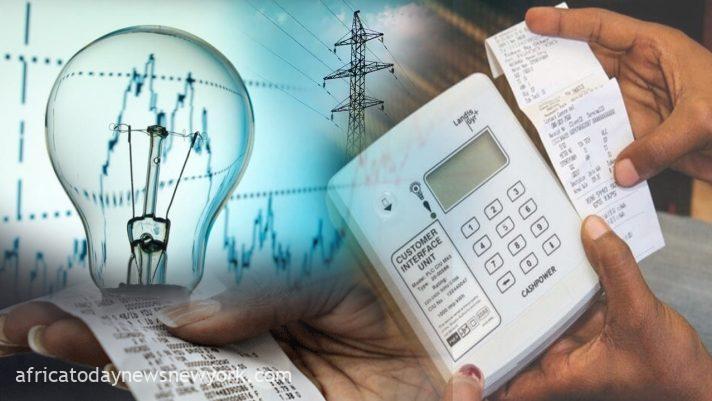Renowned legal expert Mr. Joe Agi, SAN, has filed a lawsuit against NERC and AEDC Plc at the Federal High Court in Abuja, alleging an exorbitant 230 percent increase in his electricity tariff, sparking a heated debate on consumer rights.
In a landmark case, FHC/ABJ/CS/474/2024, now before Justice Inyang Ekwo, Mr. Agi is fighting to protect his fundamental rights, which he alleges have been violated by the defendants’ actions.
The senior lawyer forcefully contended that the court must declare the new tariffs and restricted hours of supply illegal, as they contravene the Electricity Act, 2023, and Section 42 of the 1999 Constitution, which upholds the principles of equality and fairness.
Reports suggest that the applicant has filed a lawsuit against four key respondents: the National Electricity Regulatory Commission (NERC) as the 1st respondent, the Minister of Power as the 2nd respondent, the Attorney-General of the Federation (AGF) as the 3rd respondent, and the Abuja Electricity Distribution Company (AEDC) as the 4th respondent.
As revealed in the lawyer’s sworn affidavit, he made two electricity purchases from AEDC – 682 kWh on March 23 and 682 kWh on April 3 – totaling N50,000, underscoring the financial burden of the new tariffs on consumers.
He averred that on April 6, he bought another N50,000 utility and this time, the value of the purchase was reduced to 206.7kwh.
He said he was alarmed by the development but later discovered that the NERC and AEDC had created what they called bands in the country, wherein NERC issued what it called the April 2024 Supplementary Order to the Multi-Year Tariff Order 2024.
“That from the tariffs shared, the 1st and 4th respondents (NERC and AEDC) increased my tariffs by 230%, whereas others had theirs increased by 236%,177% and some others 0% in Nigeria.
“The tariffs are discriminatory and the hours of supply are discriminatory between consumers and consumer categories and should be cancelled,” he prayed.
Read also: NANS Rejects Electricity Tariff Hike, Calls For Reversal
Agi faulted the announcement made by NERC’s chairman, Musiliu Oseni, on April 1, wherein he said “only 15% of the electricity consumers in the country who consume 40% of the nation’s electricity are the ones affected.”
According to him, the directive is discriminatory between 15% and 85% of the other consumers in Nigeria.
The lawyer argued that pegging tariffs to the US dollar in Nigeria is not only unwarranted but also contrary to public policy, highlighting the need for a more inclusive and equitable approach to electricity pricing.
The applicant, therefore, sought “a declaration that the NERC Supplementary Order to the MYTO 2024 is discriminatory, unconstitutional and a gross violation of the applicant’s right to freedom from discrimination as guaranteed under Section 116 (2) (e) of the Electricity Act, 2023 and Section 42 of the 1999 Constitution (As Amended).”
The lawyer further argued that the tariff fixation using the US dollar violates the African Charter on Human and Peoples’ Rights (Ratification and Enforcement) Act, Cap A9 Vol. 1 LFN 2004, which Nigeria has ratified, emphasizing the need to uphold international human rights standards.
He equally asked the court to declare that “the predication of the costing of tariffs in Nigeria using United States of American dollar exchange rate is unlawful, unconstitutional and contrary to public policy.”
The lawyer filed a motion seeking to quash the NERC Supplementary Order to the MYTO 2024, citing its discriminatory provisions and flagrant violation of his right to equality and non-discrimination, as protected by law.
The court has yet to schedule a hearing date for the case, as of the most recent update.
NERC raised electricity tariffs for Band A customers, who enjoy 20 hours of power supply daily, from N66/kWh to N225kWh on April 3, affecting 15% of the 12 million electricity customers nationwide.

